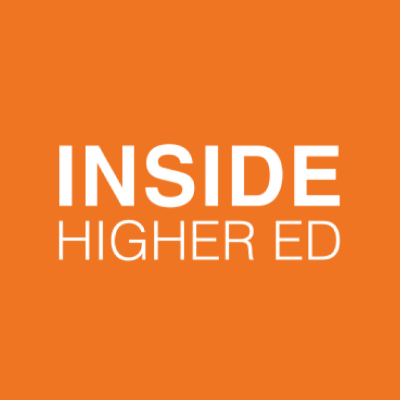 Inside Higher Ed Article Rating
Inside Higher Ed Article RatingSupreme Court will hear Harvard and UNC affirmative action cases
- Bias Rating
- Reliability
N/AN/A
- Policy Leaning
-50% Medium Left
- Politician Portrayal
28% Negative
Continue For Free
Create your free account to see the in-depth bias analytics and more.
By creating an account, you agree to our Terms and Privacy Policy, and subscribe to email updates.
Bias Score Analysis
The A.I. bias rating includes policy and politician portrayal leanings based on the author’s tone found in the article using machine learning. Bias scores are on a scale of -100% to 100% with higher negative scores being more liberal and higher positive scores being more conservative, and 0% being neutral.
Sentiments
N/A
- Liberal
- Conservative
| Sentence | Sentiment | Bias |
|---|---|---|
Unlock this feature by upgrading to the Pro plan. | ||
Reliability Score Analysis
Policy Leaning Analysis
Politician Portrayal Analysis
Bias Meter
Extremely
Liberal
Very
Liberal
Moderately
Liberal
Somewhat Liberal
Center
Somewhat Conservative
Moderately
Conservative
Very
Conservative
Extremely
Conservative
-100%
Liberal
100%
Conservative

Contributing sentiments towards policy:
59% : The Harvard case decisions -- in 2019 by Judge Allison Burroughs and in 2020 by the U.S. Court of Appeals for the First Circuit -- came in a much-watched case brought by a long-standing critic of affirmative action on behalf of a group of Asian American plaintiffs.57% : The Supreme Court today agreed to hear an appeal of a decision that Harvard University's use of affirmative action in college admissions is legal.
57% : The decision comes at a time when the composition of the Supreme Court differs significantly from the last time it upheld the use of affirmative action in college admissions, in 2016, in a case involving the University of Texas at Austin.
55% : The court will also hear an appeal of a ruling that the University of North Carolina at Chapel Hill's use of affirmative action was legal.
54% : The brief asked the Supreme Court to repeal its 2003 decision in Grutter v. Bollinger, which upheld the use of affirmative action in admissions by the law school at the University of Michigan. "
50% : The decision to hear the cases represents a chance for opponents of affirmative action to reverse not only the Harvard and UNC decisions but many others that have upheld the use of affirmative action since the Supreme Court ruled in the Bakke case in 1978.
37% : That decision was 4-to-3 because of the death of Justice Antonin Scalia, an opponent of affirmative action, and the recusal of Justice Elena Kagan, who worked on the case as solicitor general before she joined the Supreme Court.
*Our bias meter rating uses data science including sentiment analysis, machine learning and our proprietary algorithm for determining biases in news articles. Bias scores are on a scale of -100% to 100% with higher negative scores being more liberal and higher positive scores being more conservative, and 0% being neutral. The rating is an independent analysis and is not affiliated nor sponsored by the news source or any other organization.





















